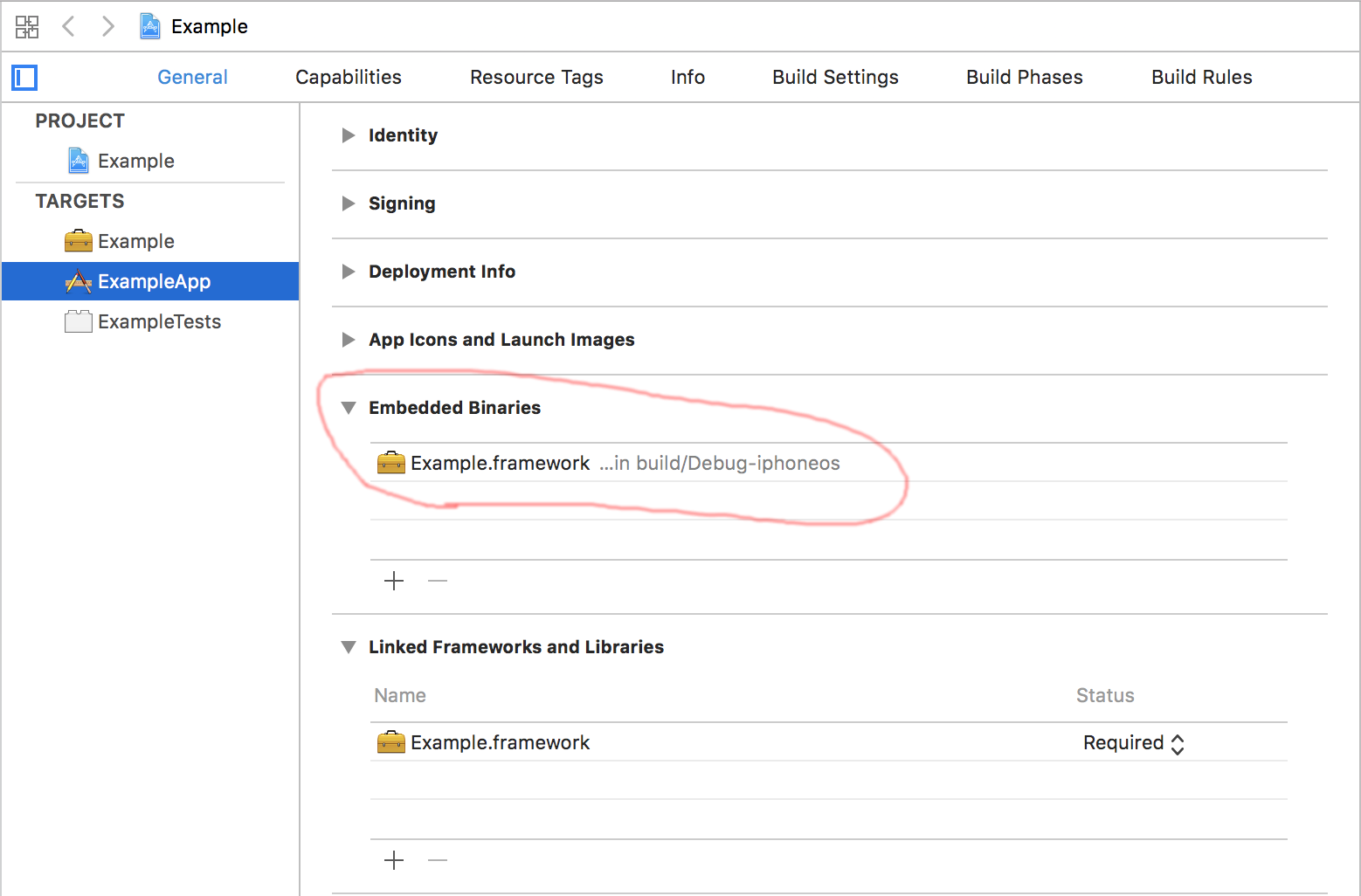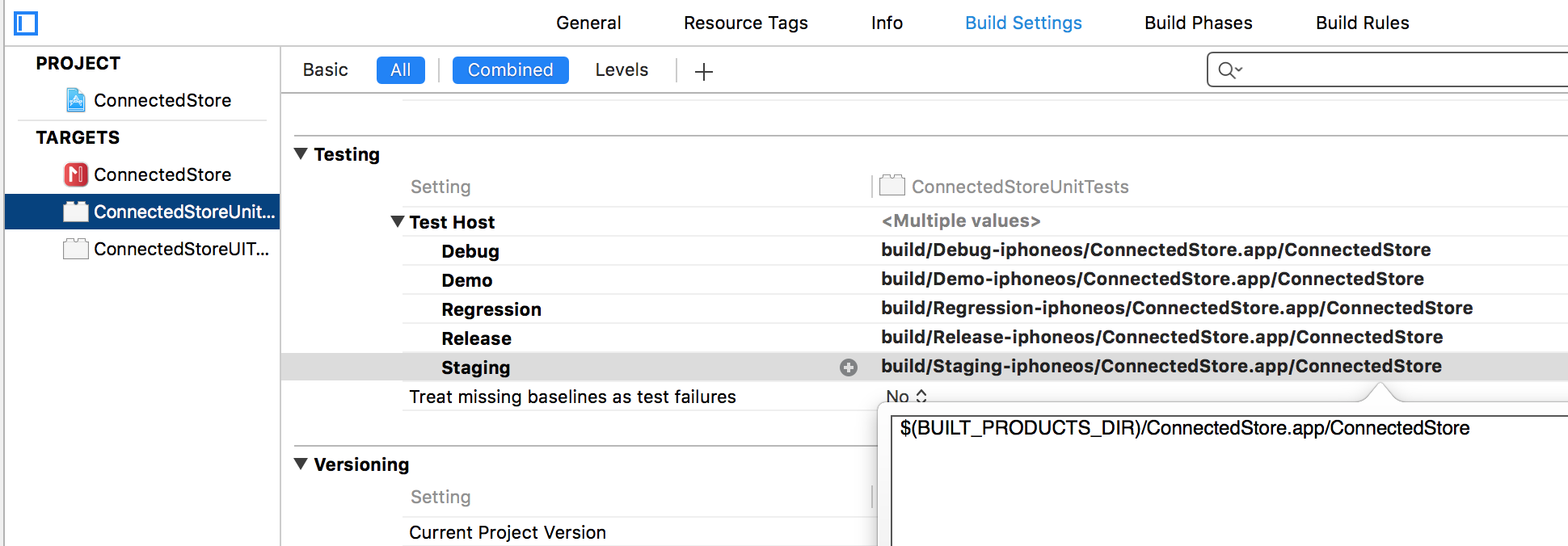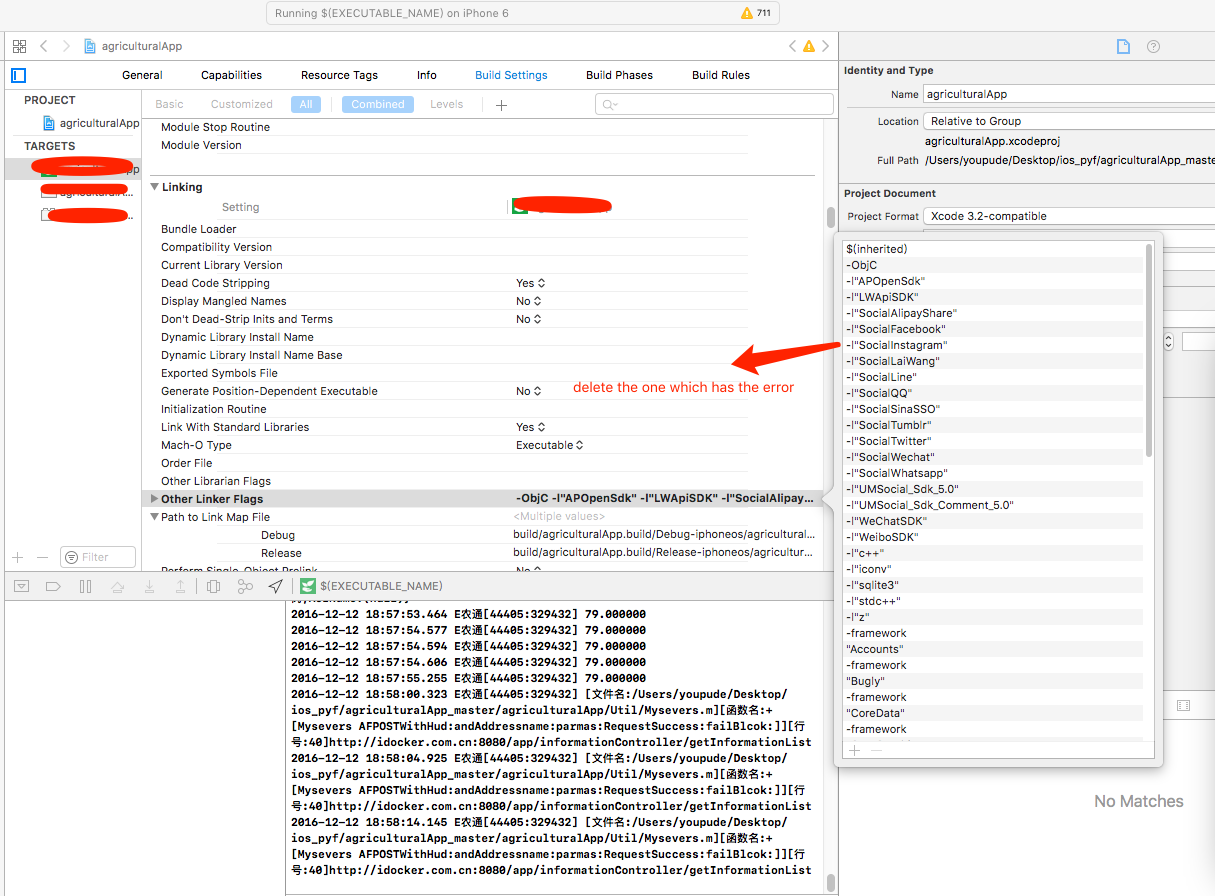I am trying to run a Swift app on my iPhone 4s. It works fine on the simulator, and my friend can successfully run it on his iPhone 4s. I have iOS 8 and the official release of Xcode 6.
I have tried
- Restarting Xcode, iPhone, computer
- Cleaning & rebuilding
- Revoking and creating new certificate/provision profile
- Runpath Search Paths is
$(inherited) @executable_path/Frameworks - Embedded Content Contains Swift Code is 'Yes'
- Code Signing Identity is developer
Below is the error in entirety
dyld: Library not loaded: @rpath/libswiftCore.dylib
Referenced from: /private/var/mobile/Containers/Bundle/Application/LONGSERIALNUMBER/AppName.app/AppName
Reason: no suitable image found. Did find:
/private/var/mobile/Containers/Bundle/Application/LONGSERIALNUMBER/AppName.app/Frameworks/libswiftCore.dylib: mmap() error 1 at
address=0x008A1000, size=0x001A4000 segment=__TEXT in Segment::map() mapping
/private/var/mobile/Containers/Bundle/Application/LONGSERIALNUMBER/APPLICATION_NAME/Frameworks/libswiftCore.dylib















